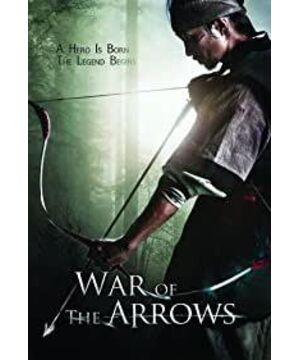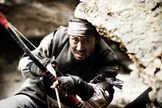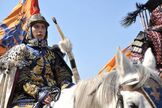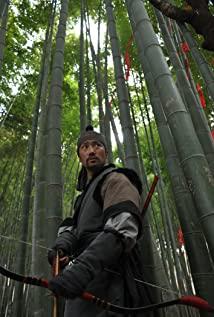The film interprets this period of history, but it does not summarize the whole picture and only intercepts a section. The first pair of brothers and sisters watched the scene of his father being murdered. It may be the first time that Huang Taiji sent troops to North Korea, because as a subordinate country of the Ming Dynasty, North Korea and the Ming Dynasty jointly sent troops to attack Jianzhou three times, and thus forged Liangzi. In 1627, Huang Taiji ordered the second Belle Amin to enlist 30,000 troops to conquer Korea. By 1636, North Korea still had the idea of anti-Qing and Ming Ming, which completely angered Huang Taiji, and commanded the army to attack it. The film evaded Huang Taiji’s powerless battle and intercepted part of the "Dorgon" chase and kill. If the Qing military general who protected the prince was Dorgon, in fact, Dorgon did not die in North Korea in 1650. Passed away. As for the Qing prince who was burned to death, there is no evidence to find out.
Since it's a movie, let's go back to the movie. It is undeniable that the quality of the film is quite successful, especially the episodes of Flying Mountain Jumping from the Cliff and Archery in the Grass are very exciting, with melee and competitive pleasure. Smecta's bow and arrow competitions are just right because they deserve it. After all, in international competitions, people's superb skills are obvious to all. The biggest feeling after watching the film is that the generals of "Dorgun" are really brave and invincible. In the process of jumping off the cliff, Smecta was almost shot to death. Smecta watched "Dorgun" climb the mountain with one hand while holding a comrade in arms, suddenly felt compassion and did not kill him. As a result, "Dorgun" climbed up and scolded Smecta for deliberate humiliation, lamenting that the prairie man is different in his life. Even if there are some political metaphors in the film, the characters are tampered with, and there is not too much insult to China, people who know a little history will only laugh, and it is rare for the extremely YY Smecta. We can still appreciate this film as a wonderful action movie. After all, it is not easy for Smectas to make a real historical drama. We can only admit that they have imitated the theme drama again this time, and it is better than " The divine bow in "Shocking God of War" is a hundred times stronger.
View more about War of the Arrows reviews










